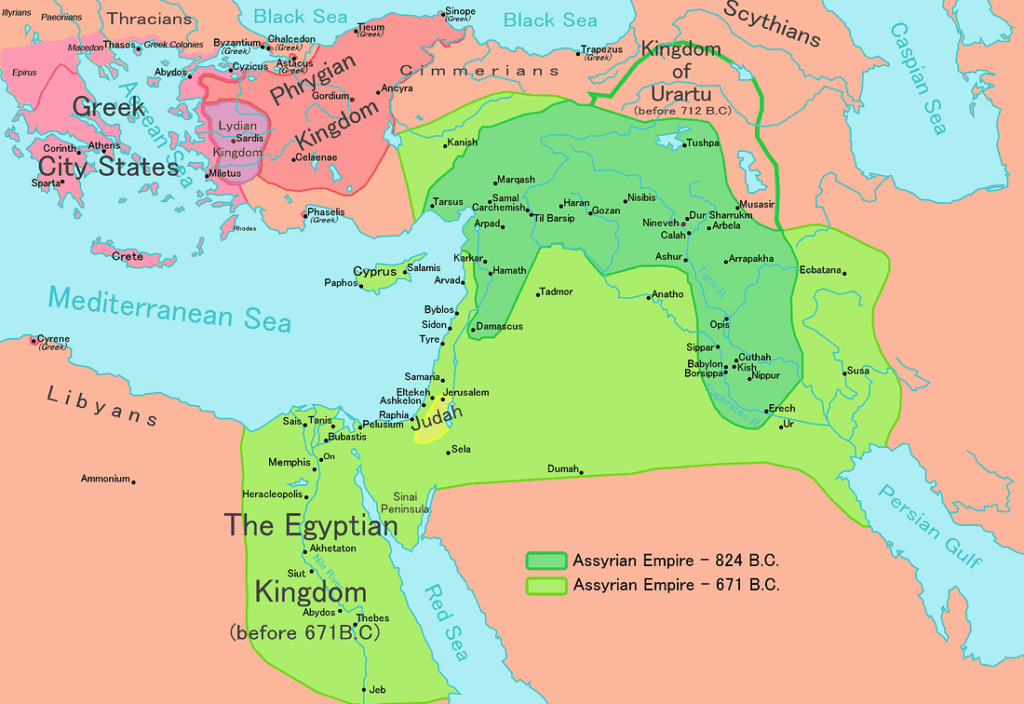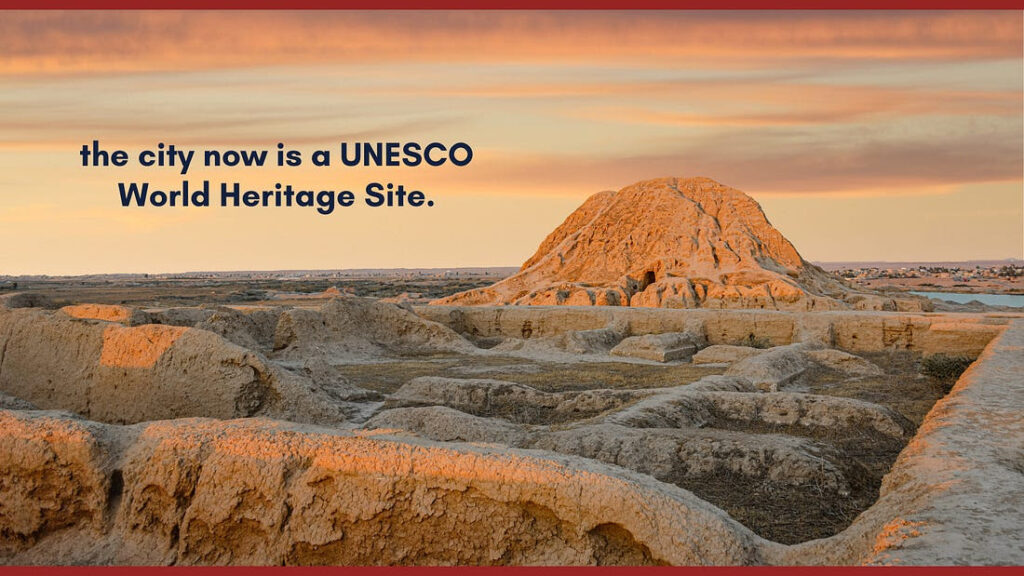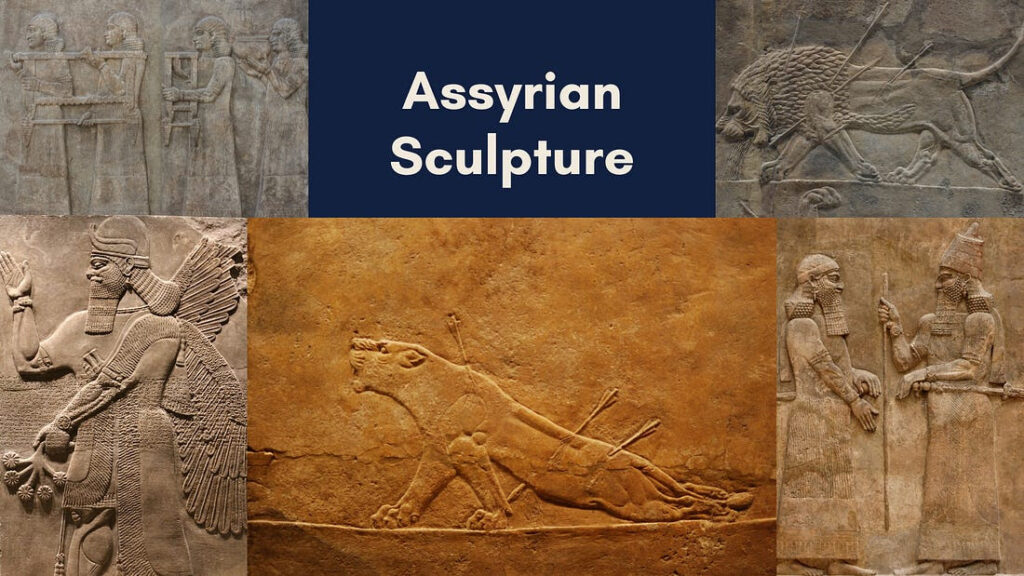3 Insights
“Being attacked is a sign that you are important enough to be a target.” — Robert Greene
“Everyone returns us to a different sense of ourselves, for we become a little of who they think we are.” ― Alain de Botton
“He who has a why to live for can bear almost any how.” ― Nietzsche
What I Learned this Week
Something really cool I learned is that the first-ever known writer was a woman from Mesopotamia—Enheduanna, a high priestess who was the first to sign her work, making her a true pioneer in writing. She was the daughter of Sargon of Akkad, the founder of the Akkadian Empire. One of her most famous works, “The Exaltation of Inanna”, was more than a hymn to the goddess Inanna; it subtly reinforced her father’s reign, blending devotion with political influence.
Enheduanna is also credited with works like “Mistress of the innumerable me”, a 154-line hymn to Inanna. According to scholar Claus Wilcke, this text is among the most challenging in the Sumerian literary tradition.
The First Ever Recorded Empire
In a world full of information, it is interesting to see where our attention goes. One topic that doesn’t get enough attention: the very first empire in recorded history. You’ve probably heard of the Romans or the Ottomans. But way before them, there was another giant—the Assyrians.

They ruled over a vast stretch of land in Mesopotamia, a region that today covers parts of northern Iraq, Syria, and Turkey. Over 3,000 years ago, the Assyrians built one of the most powerful and feared empires the world had ever seen. Long before modern states figured out how to rule, intimidate, and organize, the Assyrians had already written the playbook.
What Was Assur?
Assur (sometimes written as Ashur) was both a city and a god, and that dual identity is key to its importance. It sat on the western bank of the Tigris River, in what is now northern Iraq. The city started as a small trading hub around 2600 BCE, but over time, it transformed into the religious and political heart of the Assyrian people. Assur began as an independent city-state, like many others in ancient Mesopotamia.

It was ideally located on trade routes connecting southern Mesopotamia with Anatolia (modern-day Turkey). This not only justified their violence but also reinforced the king’s sacred authority, making rebellion seem not just impractical but blasphemous.
Their Downfall
Their internal strife, combined with growing external pressure, led to their collapse. It’s a sobering lesson in how even the most powerful empires are vulnerable to both internal disarray and external threats. For Assyria, it was the death of their strong leader, Ashurbanipal, and the chaos that followed that left the empire open to conquest by the Babylonians and Medes.
And yet—Assyria still matters.
As historian Eckart Frahm put it, one reason is that “empire” is still with us today. Modern powers may not call themselves empires, but the underlying ideologies—centralized control, expansionist logic, cultural dominance—are very much alive. Assyria marks the beginning of a chain that stretches from the first millennium BCE all the way into the present. It created the blueprint. Later empires—Persian, Roman, Ottoman—all followed its lead in one way or another. Empire, in all its shape-shifting forms, has never really gone away.

Reflections
In sharpening my soft skills, am I only focused on getting things done, or am I aware of how people connect and collaborate? Human nature transcends cultures, eras, and conflicts.
The Real Con 124
